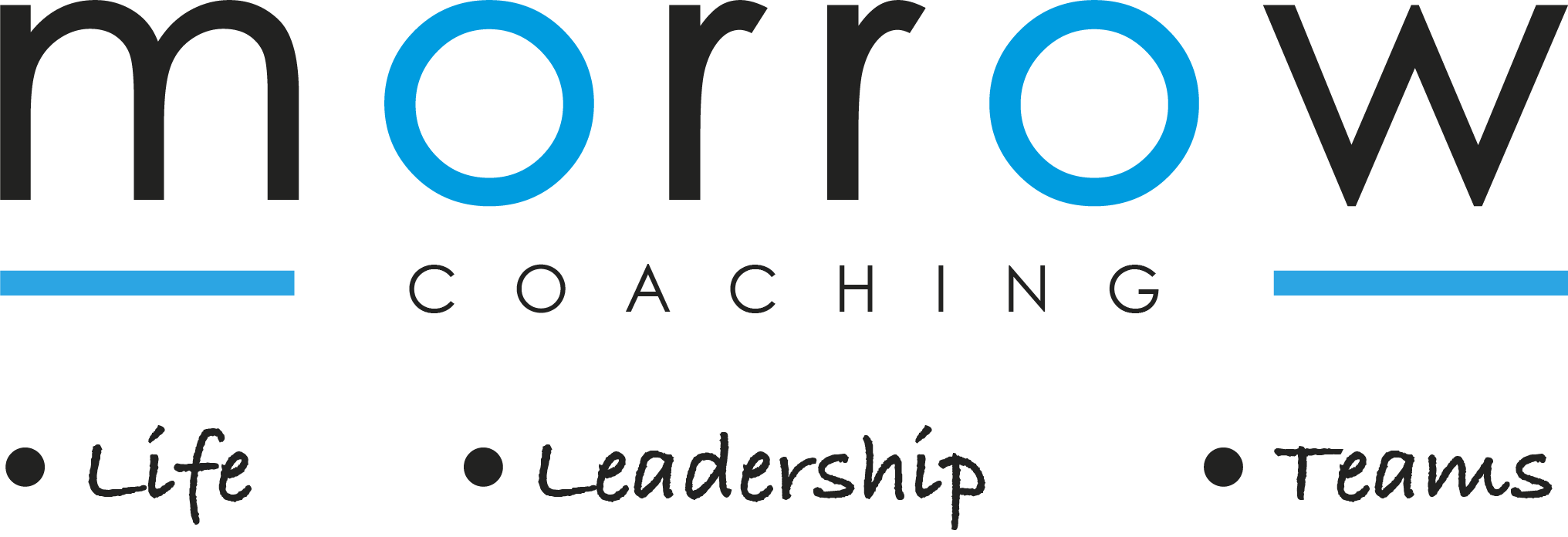
Clear Headspace

“Rule your mind or it will rule you” – Horace
A key practice is to become increasingly aware of your thoughts, emotions and behaviours. Start to notice how certain situations cause you to react, pulling you emotionally and cognitively off track. Simply by noticing, you will begin to have more say in how you react. Journalling is one technique you can employ to aid you on this, there are many others.
Clear Structure
The key point is to make the choice now to develop and hone an approach that works for you. The benefits are too high to ignore. Bring structure not just to managing your days, but also to achieving your goals. “A goal without a plan is just a wish” as Antoine de Saint-Exupéry wrote. Make the goals part of your system, and execute the system. So set aside some quiet time in your diary to start investigating and tailoring your self-organisation approach, and restore power and ease to your days.

Clear Why

So develop the clarity of mind and structure that fosters intentionality, and direct it to what authentically matters to you. Make progress step by step. If you do this, adopting a human-to-human approach, then extraordinary things can happen for you, and around you. To be quietly assured that you can achieve what’s important to you in life and career is a state worth pursuing.
— Brian Morrow
References

